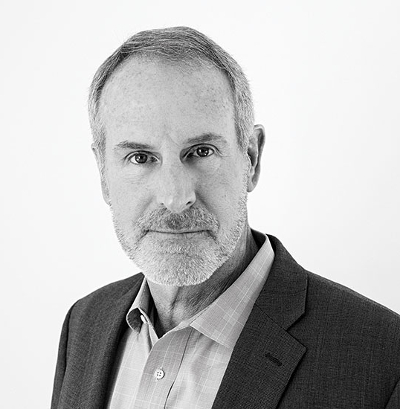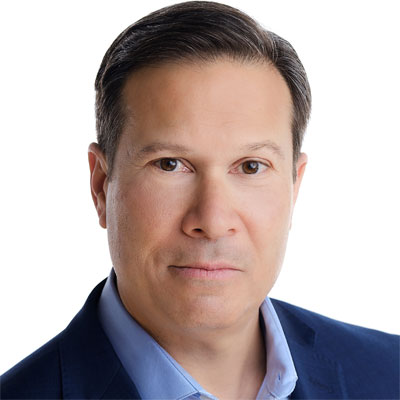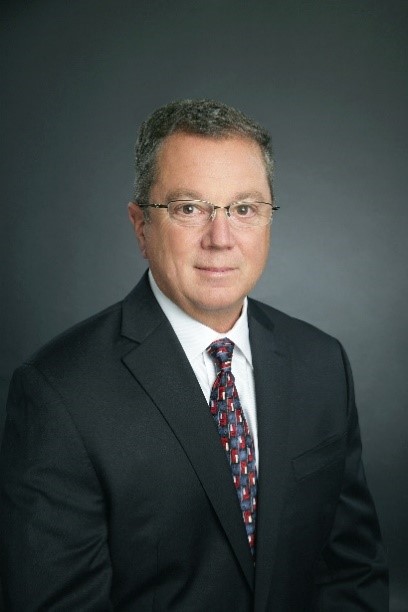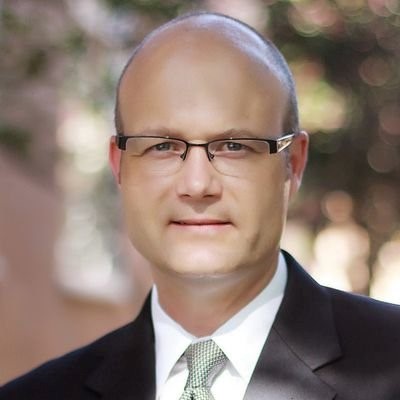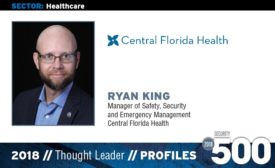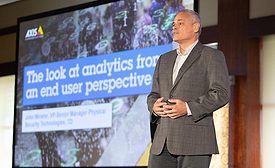Security Leadership and Management
This is the third of a three-part series to help enterprise protective professionals understand how K&R can be successfully resolved.
Read More
Bridging the CISO-CSO Communications Gap
Threats have converged, even though the defenses against them still operate separately.
November 12, 2018
Sign-up to receive top management & result-driven techniques in the industry.
Join over 20,000+ industry leaders who receive our premium content.
SIGN UP TODAY!Copyright ©2024. All Rights Reserved BNP Media.
Design, CMS, Hosting & Web Development :: ePublishing

